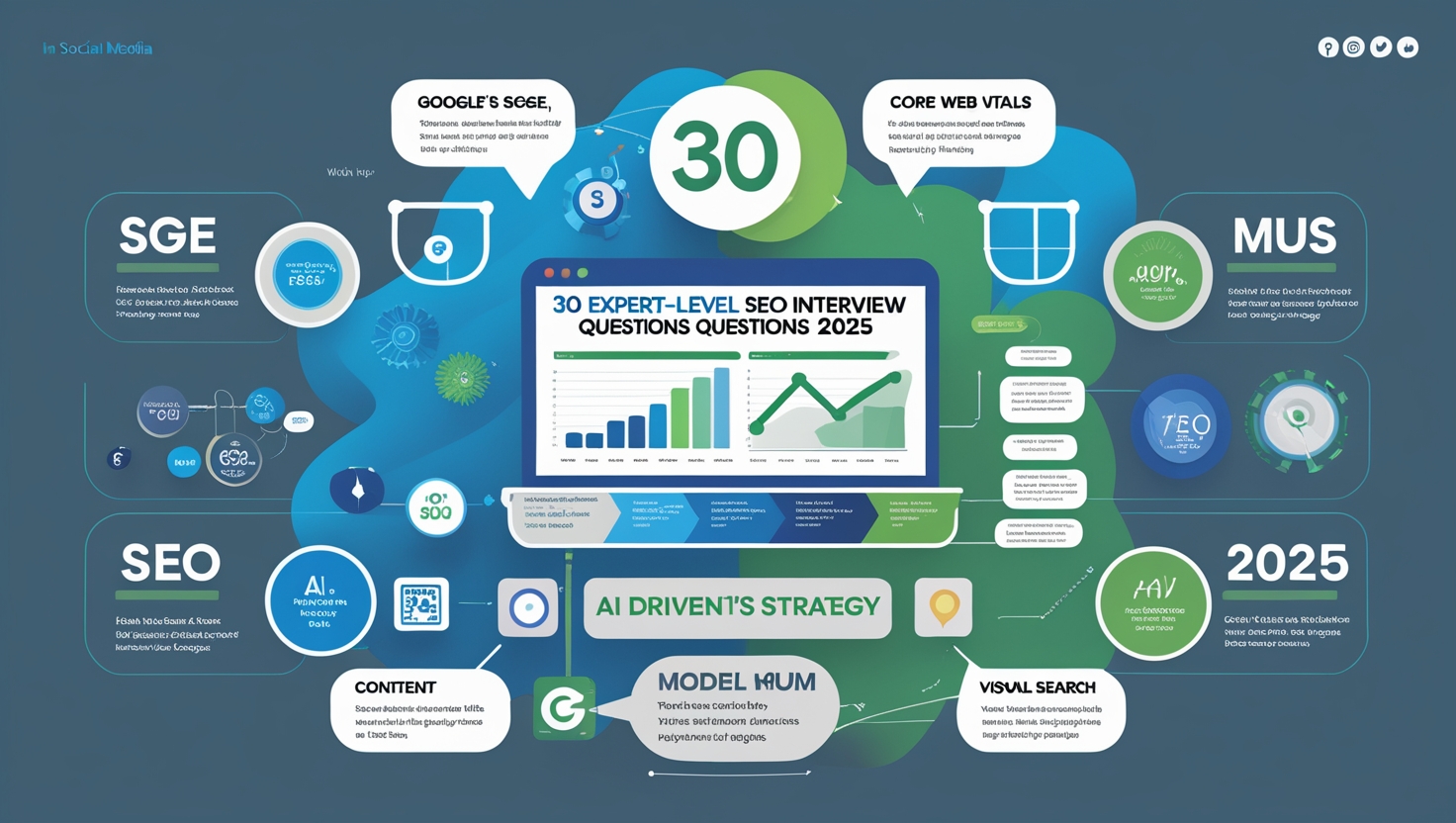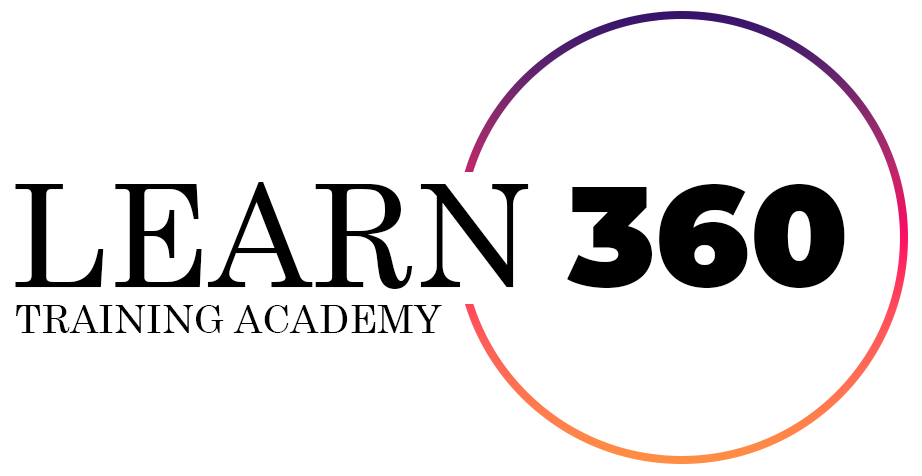
1. How does Google’s Search Generative Experience (SGE) impact SEO strategies?
Answer: Google’s SGE integrates AI-driven search results, emphasizing conversational content. To optimize for SGE:
Use natural language and conversational tone.
Create in-depth content that answers complex queries.
Focus on content structure for better featured results.
2. What is Multimodal Search and how can websites adapt to it?
Answer: Multimodal search combines text, image, and voice inputs to deliver results. To optimize:
Use descriptive alt text for images.
Implement schema markup for rich media.
Focus on visual SEO with high-quality content.
3. What role does AI content generation play in SEO, and how can marketers use it effectively?
Answer: AI tools can generate optimized content faster, but to maximize SEO results:
Blend AI content with human insights.
Ensure content is fact-checked and offers value.
Prioritize originality to avoid duplication.
4. How can websites prepare for Google’s MUM (Multitask Unified Model)?
Answer: Google MUM can understand complex queries and multiple languages. To adapt:
Provide comprehensive content with multimedia elements.
Use structured data to improve content relevance.
Translate content for broader audience reach.
5. What is Predictive Search and how can it enhance website visibility?
Answer: Predictive search leverages AI to suggest queries based on user behavior. To optimize:
Focus on long-tail keywords.
Improve search intent matching.
Create informative content addressing user concerns.
6. How can you optimize content for Google’s Visual Search?
Answer:
Use descriptive filenames and alt text for images.
Implement structured data for image-rich results.
Optimize images for fast loading and responsiveness.
7. What is Passage Indexing, and how can content be improved for it?
Answer: Passage Indexing enables Google to rank individual content sections. To optimize:
Write content with clear headings and subheadings.
Focus on answering specific user questions within content.
8. What is Zero-Click Search, and how can you leverage it for SEO?
Answer: Zero-click searches provide instant answers without users visiting websites. To optimize:
Focus on concise answers in headings and meta descriptions.
Target featured snippets, FAQs, and knowledge panels.
9. How does SEO automation improve search marketing strategies?
Answer: SEO automation helps streamline tasks such as:
Keyword research and rank tracking.
Competitor analysis with AI tools.
Automated reporting for data-driven insights.
10. How can voice search optimization improve rankings in 2025?
Answer: Voice search is becoming increasingly popular. To optimize:
Use conversational language in content.
Target question-based keywords (e.g., “How,” “What,” “Why”).
Focus on local SEO to capture voice search queries.
11. What is the role of data privacy regulations in SEO?
Answer: Adhering to data privacy laws like GDPR and CCPA is crucial for user trust. Focus on transparent data practices and secure browsing (HTTPS).
12. How can you recover from a Google algorithm update penalty?
Answer: Steps include:
Analyzing ranking drops using Google Search Console.
Identifying low-quality content or backlinks.
Improving content quality and fixing technical issues.
13. What is entity-based SEO, and how does it differ from traditional SEO?
Answer: Entity-based SEO focuses on connecting data points (entities) rather than just keywords. It improves search relevance and visibility.
14. How can you improve your website’s crawl budget?
Answer: Steps include:
Removing duplicate content.
Using robots.txt to block low-priority pages.
Improving internal linking for better crawler navigation.
15. What is API integration in SEO, and why is it important?
Answer: API integration allows seamless data exchange between tools, enabling automation of SEO reporting, content updates, and performance tracking.
16. How can you measure content effectiveness in SEO?
Answer: Track metrics such as:
Organic traffic growth.
Engagement rates (bounce rate, time on page).
Keyword rankings and conversion rates.
17. How does Google Lens influence search behavior?
Answer: Google Lens enables users to search using images. To optimize:
Focus on image SEO and structured data.
Add alt text with descriptive keywords.
18. What is the role of natural language processing (NLP) in SEO?
Answer: NLP helps search engines understand user intent. Focus on creating conversational, intent-driven content with clear headings.
19. How can you improve SEO for eCommerce websites?
Answer:
Optimize product pages with structured data.
Add user-generated content like reviews.
Use clear internal linking and navigation.
20. What is programmatic SEO, and how does it work?
Answer: Programmatic SEO automates content creation for large-scale websites. It uses data templates to generate optimized pages for various search queries.
21. How can dynamic rendering improve SEO performance?
Answer: Dynamic rendering allows JavaScript-heavy content to be served as static HTML for search engines, improving indexing.
22. What are progressive web apps (PWAs), and how do they impact SEO?
Answer: PWAs improve mobile SEO by offering faster load times, offline access, and enhanced user experience.
23. How can FAQ schema boost search rankings?
Answer: Adding FAQ schema improves visibility in rich results, driving more clicks by showcasing clear answers directly in SERPs.
24. How does content clustering improve SEO strategy?
Answer: Content clustering organizes related pages around pillar content, improving internal linking and topical authority.
25. How can you track competitor SEO strategies?
Answer: Use tools like SEMrush, Ahrefs, or SpyFu to analyze competitor keywords, backlinks, and content strategies.
26. What is the importance of Core Web Vitals in 2025?
Answer: Google emphasizes metrics like LCP, FID, and CLS for better page experience, making them critical ranking factors.
27. How can you improve backlink quality in 2025?
Answer: Focus on earning backlinks from:
High-authority websites.
Guest blogging on niche-relevant platforms.
Digital PR campaigns.
28. How can internal linking boost SEO performance?
Answer: Strategic internal linking guides crawlers to key pages, improving indexation and distributing link equity.
29. How does Google Discover impact website traffic?
Answer: Google Discover showcases personalized content; to optimize:
Create engaging visuals.
Publish timely, trending content.
30. What role does content repurposing play in SEO?
Answer: Repurposing content for various platforms (e.g., blog to video) extends reach and improves SEO with refreshed, valuable content.
